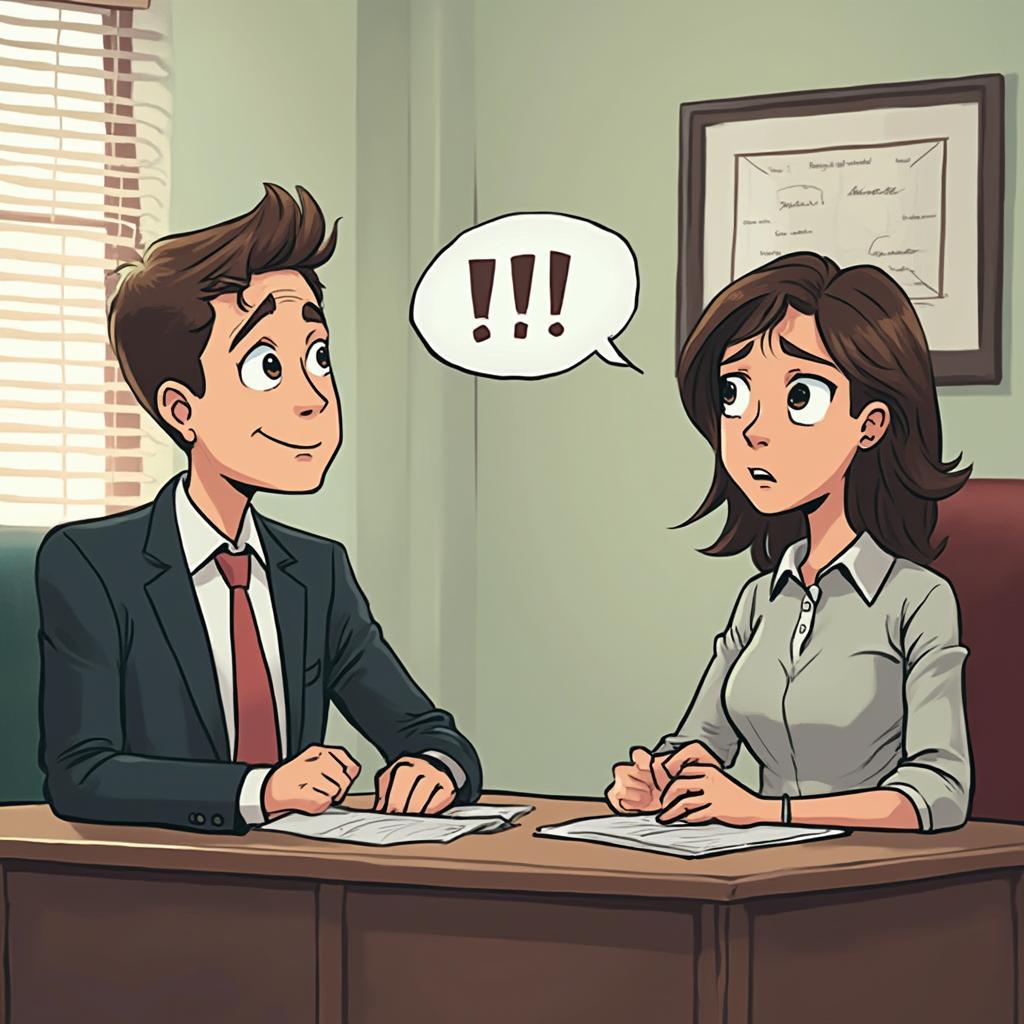
Do Court Appointed Attorneys Really Help?
Court appointed attorneys, often called public defenders, play a vital role in the justice system, ensuring everyone has legal representation regardless of their financial situation. But the question remains: do court appointed attorneys really help? The effectiveness of a public defender can depend on various factors, including caseload, resources, and the specific circumstances of the case.
Understanding the Role of a Court Appointed Attorney
Court appointed attorneys are licensed lawyers who provide legal services to individuals who cannot afford private counsel. They are typically assigned by the court when a defendant demonstrates financial need. Their role encompasses various tasks, from initial consultations and plea negotiations to representing clients in court during trials. These attorneys are essential for upholding the Sixth Amendment right to counsel, ensuring a fair trial for all.
What to Expect From a Public Defender
While public defenders are dedicated professionals, they often face heavy caseloads. This can impact the amount of time they can dedicate to each case. However, they are bound by ethical obligations to provide competent representation. This includes investigating the case, interviewing witnesses, filing necessary motions, and advising clients on their legal options. It’s important to have realistic expectations and understand the limitations they face due to their workload and available resources.
 Court appointed attorney meeting with client
Court appointed attorney meeting with client
The Challenges Faced by Court Appointed Attorneys
Public defenders face numerous challenges. High caseloads are a significant hurdle, limiting the time they can spend on each client. Limited resources can restrict their ability to hire expert witnesses or conduct extensive investigations. Public perception can also be a challenge, with some people assuming they are less competent than private attorneys. However, many public defenders are highly skilled and experienced lawyers committed to providing effective representation.
Do Court Appointed Lawyers Win Cases?
The success rate of court-appointed attorneys is a complex issue. It’s not easy to compare directly with private attorneys because the types of cases they handle often differ significantly. Public defenders often represent clients facing serious charges with limited evidence in their favor. While they may not always secure acquittals, they strive to achieve the best possible outcome for their clients, which might involve negotiating a plea bargain for a reduced sentence or minimizing the consequences of a conviction.
 Public defender arguing in court
Public defender arguing in court
Factors Influencing the Outcome of Cases with a Public Defender
Several factors can influence the outcome of cases involving a public defender. The strength of the evidence against the defendant is a key factor, as is the complexity of the legal issues involved. The defendant’s cooperation and willingness to follow their attorney’s advice also play a role. Finally, the specific judge and prosecutor assigned to the case can have an impact on the outcome.
Communicating Effectively with Your Court Appointed Attorney
Open and honest communication is crucial for a successful attorney-client relationship. Be proactive in providing your attorney with all relevant information about your case. Ask questions if you don’t understand something, and listen carefully to their advice. Building a strong working relationship with your public defender can significantly improve your chances of a positive outcome.
 Attorney and client discussing case strategy
Attorney and client discussing case strategy
Benefits of Having Legal Representation, Even if Court Appointed
Even with the challenges they face, having legal representation, even if court-appointed, offers numerous benefits. An attorney understands the complexities of the legal system and can navigate the process on your behalf. They can protect your rights, negotiate with the prosecution, and present your case effectively in court. Having a legal advocate can make a significant difference in the outcome of your case.
“A strong attorney-client relationship, built on trust and open communication, is crucial for a successful defense, regardless of whether the attorney is privately retained or court-appointed,” says Ms. Nguyen Thi Lan Anh, a seasoned defense attorney in Hanoi.
“While public defenders often manage heavy caseloads,” adds Mr. Tran Van Minh, a respected legal expert in Ho Chi Minh City, “their dedication to ensuring fair representation for all individuals is commendable and essential for a just legal system.”
Conclusion
So, do court appointed attorneys really help? The answer is a resounding yes. While they operate within a challenging system, public defenders provide a vital service, ensuring everyone has access to legal representation. Their dedication and commitment to upholding the rights of their clients make a crucial difference in the lives of countless individuals navigating the complexities of the legal system. If you find yourself needing legal assistance and cannot afford a private attorney, don’t hesitate to request a court-appointed lawyer. They are there to help.
FAQ
- What if I’m not happy with my court appointed attorney? You can request a change of attorney, but the court will decide if the reasons are valid.
- Can I choose my own public defender? No, the court assigns public defenders.
- Do court appointed attorneys work as hard as private attorneys? Public defenders are dedicated professionals committed to providing effective representation.
- Will my court appointed attorney tell me the truth about my case? Yes, they are ethically obligated to be honest with their clients.
- What should I bring to my first meeting with my court-appointed attorney? Bring any relevant documents related to your case.
- Can I fire my court-appointed attorney? You can request a change, but the judge makes the final decision.
- How do I contact my court appointed attorney? The court will provide you with their contact information.




